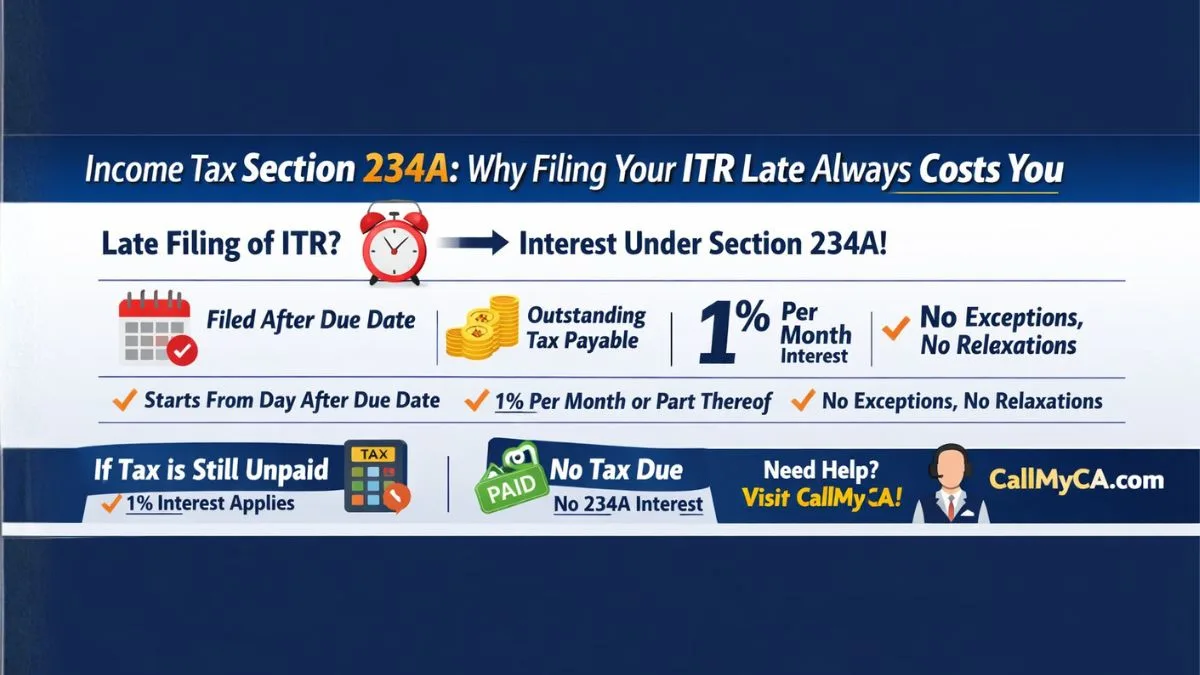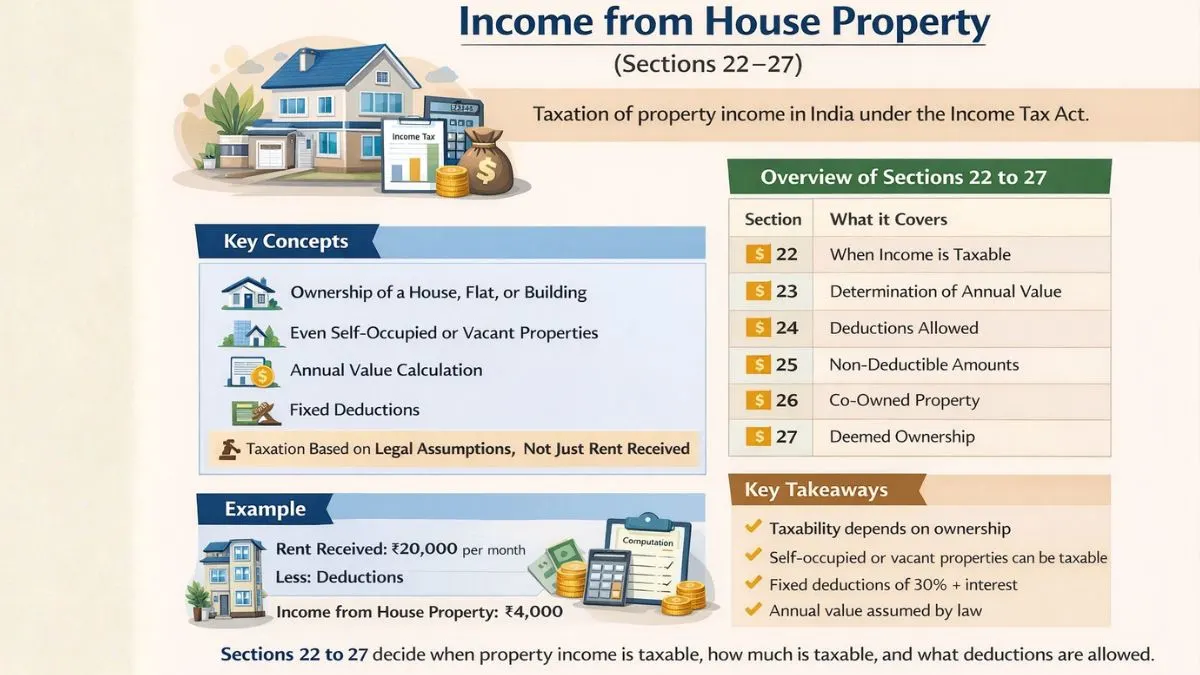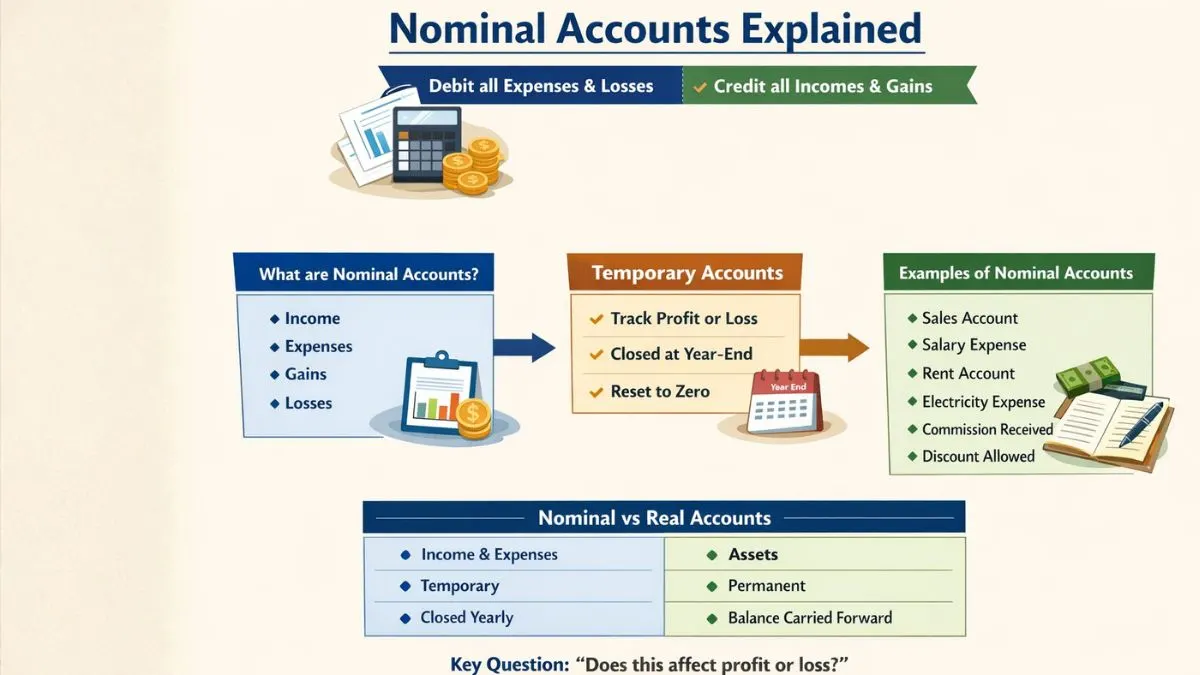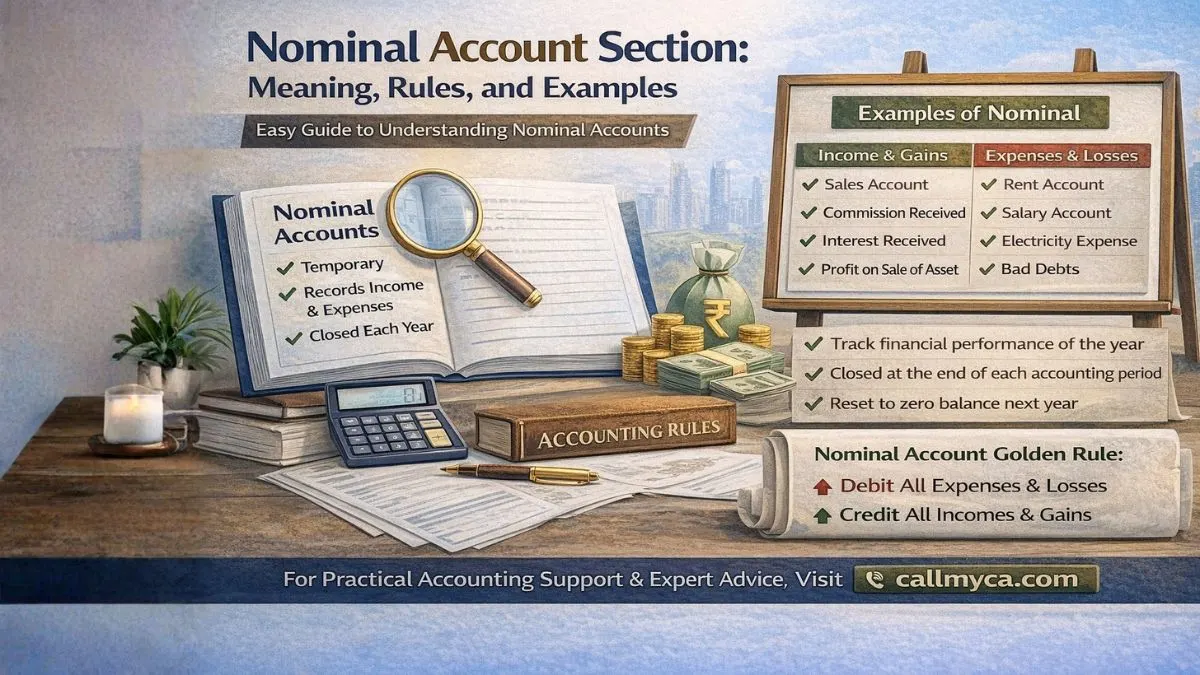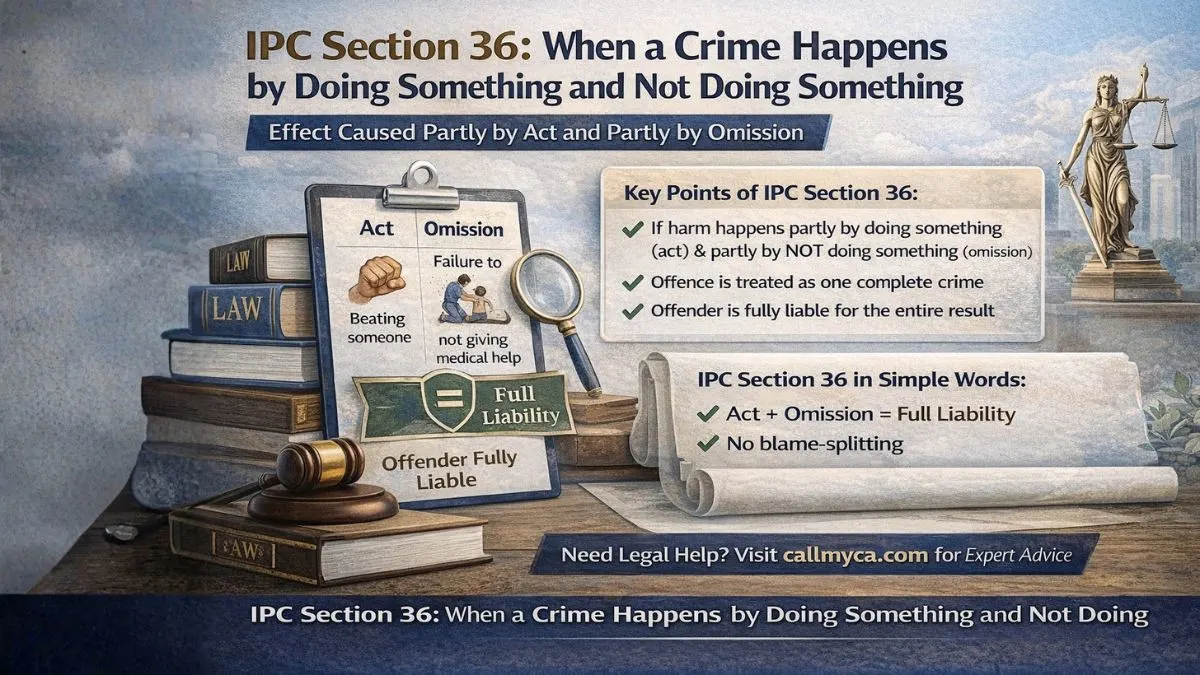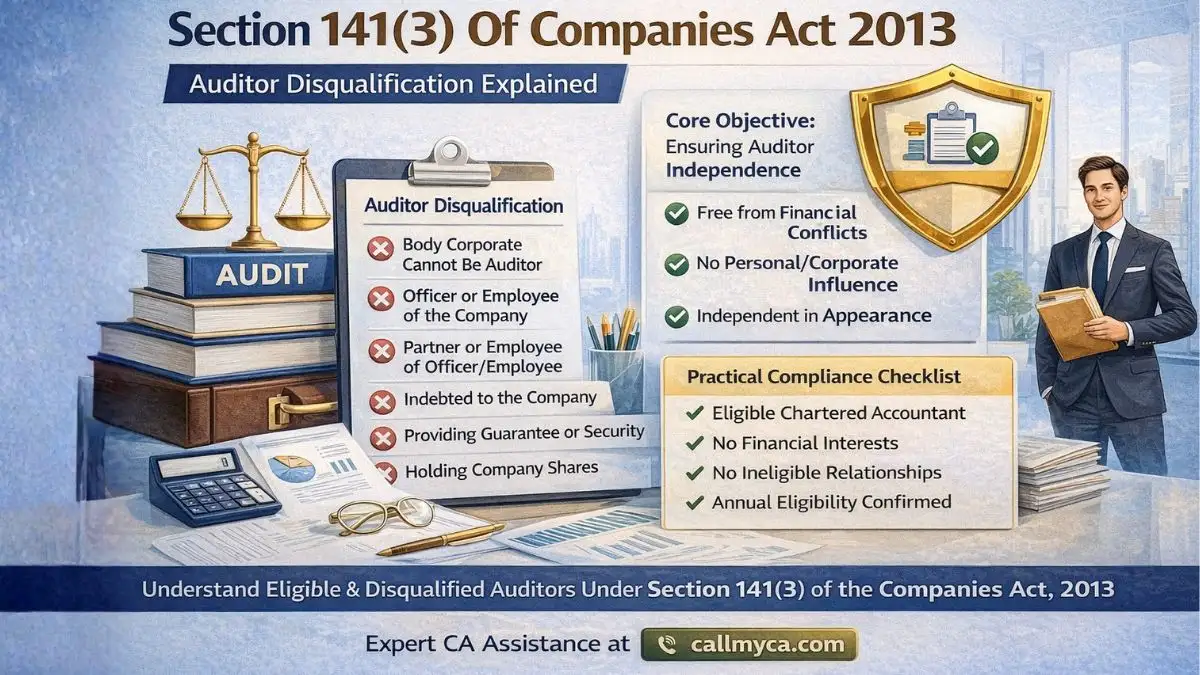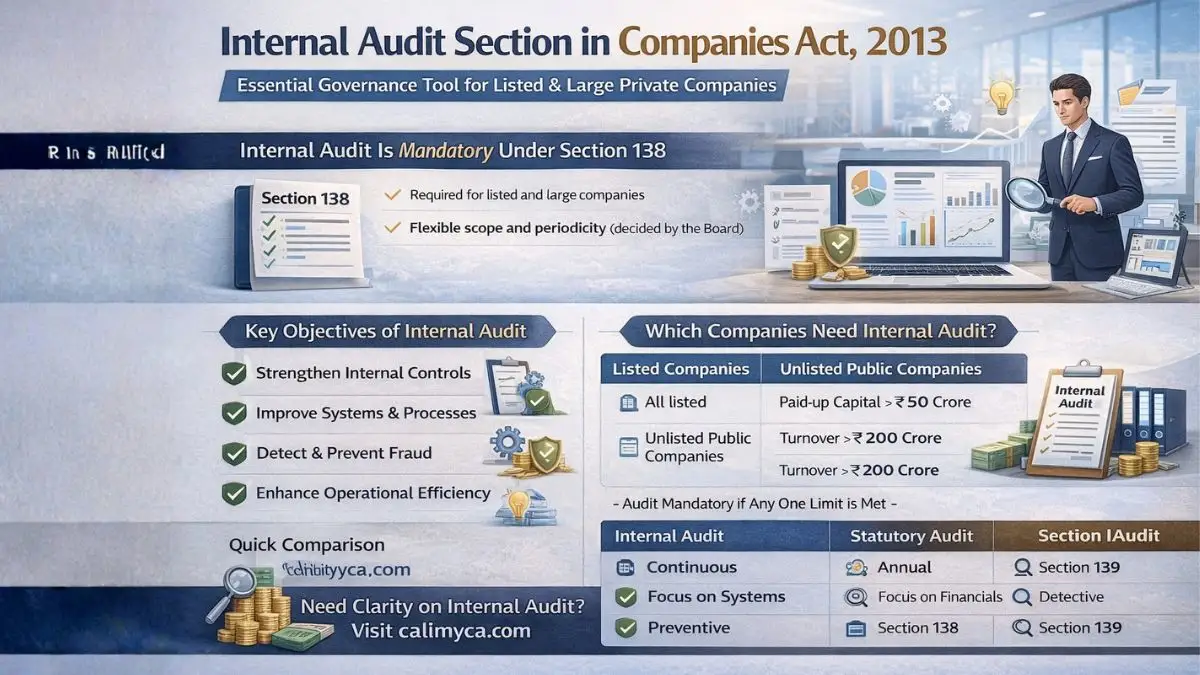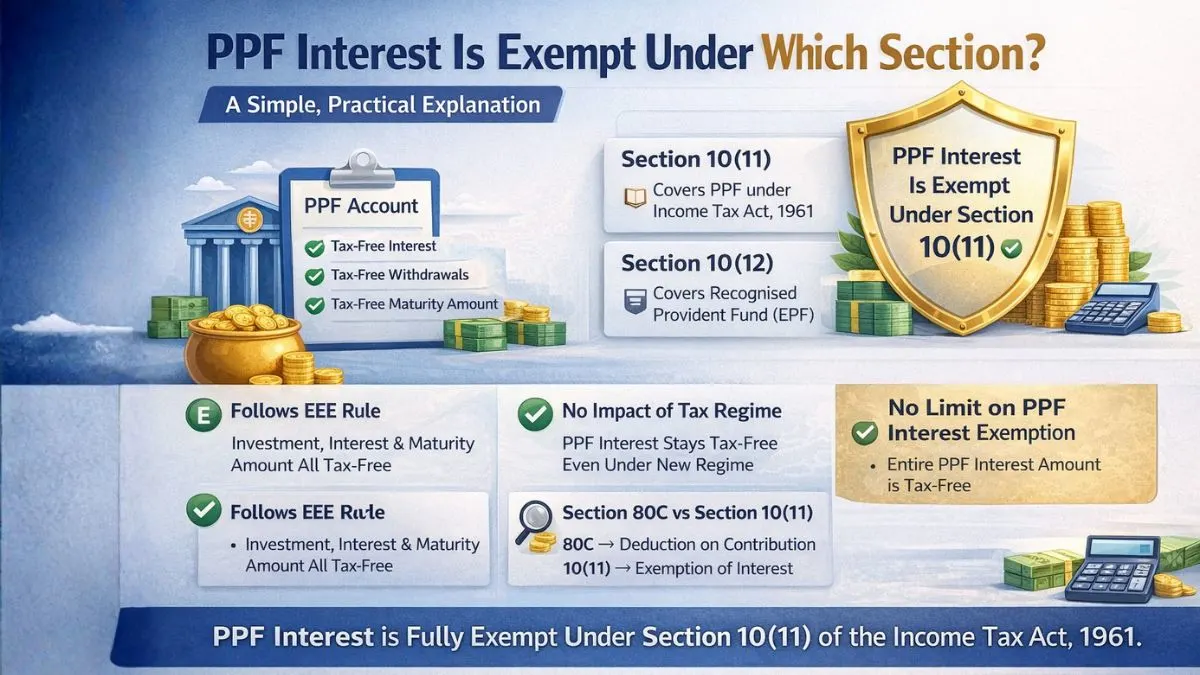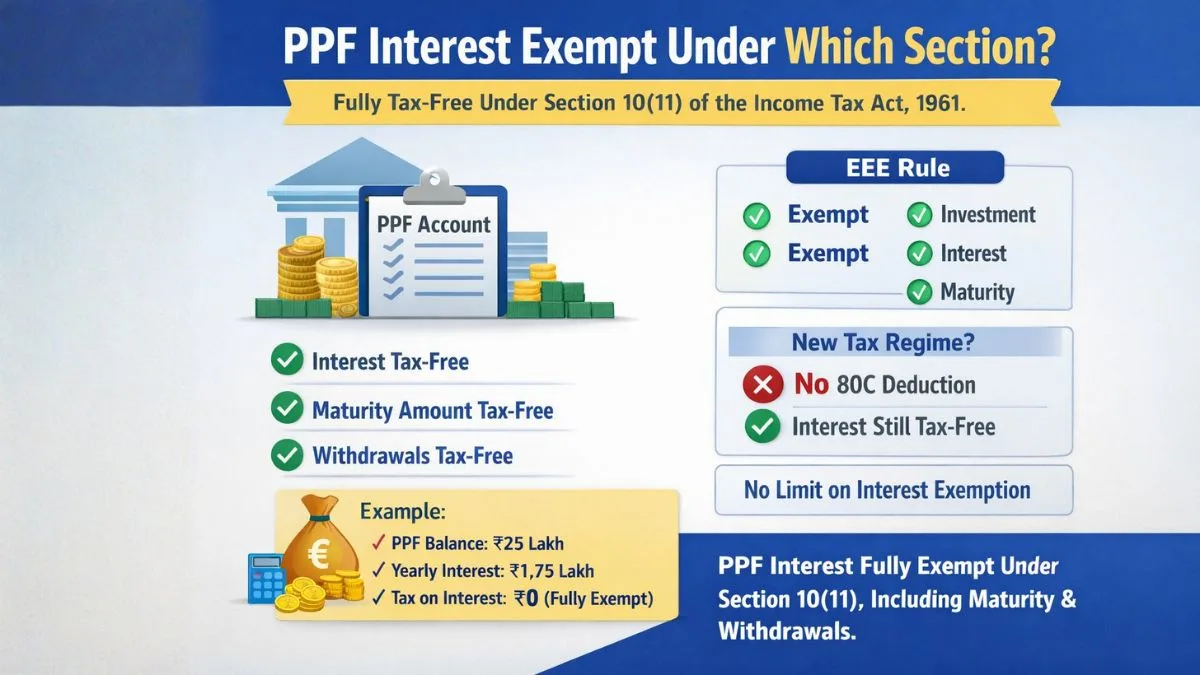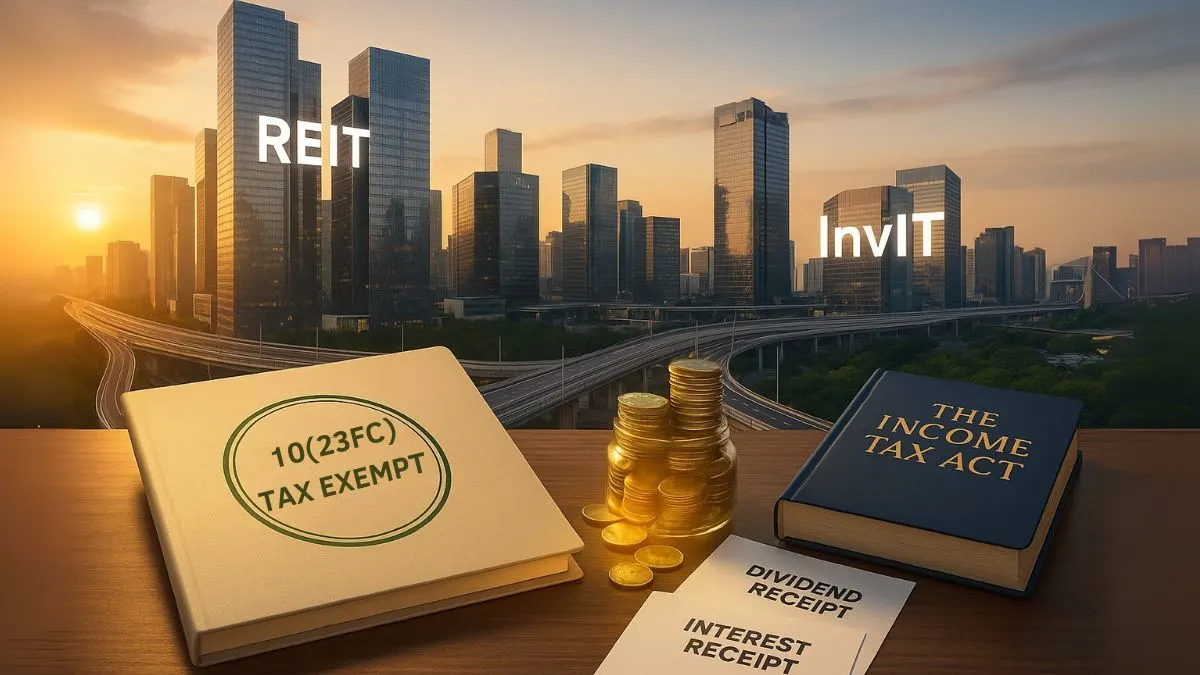
With India’s growing real estate and infrastructure sector, the government has introduced several reforms to attract domestic and foreign investors. Among them, the introduction of business trusts such as Real Estate Investment Trusts (REITs) and Infrastructure Investment Trusts (InvITs) has played a transformative role. To ensure that these structures remain attractive and tax-efficient, the legislature introduced Section 10(23FC) of Income Tax Act.
This provision provides exemptions on specific types of income earned by business trusts, thereby reducing the tax burden and preventing double taxation. Understanding this section is essential for investors, fund managers, and tax professionals, as it defines how income distributions are treated in the hands of the trust and the unit holders.
What is Section 10(23FC) of Income Tax Act?
Section 10(23FC) – Exemption to Business Trust was introduced to promote collective investment through REITs & InvITs. The idea was to create a transparent system where income does not face multiple layers of taxation.
As per the section, the following income is exempt in the hands of the business trust:
- Interest income as referred to in Section 10(23FC) – interest received from a Special Purpose Vehicle (SPV).
- Dividend income from SPV (provided it is not exempt under Section 10(34)).
Thus, this section has exempted certain income of business trust so that the flow-through status is maintained, and investors are not taxed twice on the same income.
Why Was Section 10(23FC) Introduced?
Before the introduction of REITs and InvITs in India, investors in real estate & infrastructure projects faced issues like:
- Double taxation of income
- Lack of transparency in income distribution
- Difficulty in attracting foreign investment
To address this, Section 10(23FC) of Income Tax Act was introduced. Its purpose was simple:
- To exempt certain incomes at the trust level.
- To ensure that distributed income received by a unit holder from a business trust is exempt from tax in their hands, wherever applicable.
- To provide clarity and build confidence in business trust structures.
Key Features of Section 10(23FC)
- Exemption to business trust
- Certain incomes earned by REITs & InvITs are exempt from taxation at the trust level.
- Avoidance of double taxation
- Since SPVs already pay tax on their income, taxing the same amount again at the trust level would have been unfair."
- Transparency in taxation
- Investors know exactly which income is exempt & which is taxable, making financial planning easier.
- Scope limited to specific incomes
- Not all incomes of a business trust are exempt. For example, rental income in case of REITs is taxable but passed through to unit holders.
Also Read: A Detailed Guide on Bilateral Relief from Double Taxation
Income Covered Under Section 10(23FC)
- Interest Income
- The most important exemption is interest income as referred to in section 10(23FC).
- This refers to interest received by the business trust from its SPVs.
- Dividend Income
- Dividend received from SPVs is also exempt, provided such dividend is taxable in the hands of the SPV itself.
- Rental Income (for REITs)
- Though not directly exempt under Section 10(23FC), certain rental incomes are exempt under related provisions, ensuring there is no duplication of tax liability.
Impact on Unit Holders
One of the critical benefits of this section is that it exempts the distributed income received by a unit holder from a business trust from tax in many cases.
For example:
- If a REIT distributes interest income received from SPVs to its unit holders, that income is taxable in the hands of the unit holder under specific heads.
- However, where the exemption applies, investors benefit as their effective tax liability reduces.
This provision thus strikes a balance between encouraging investment in business trusts & ensuring compliance with India’s tax regime.
Example to Understand Section 10(23FC)
Suppose a REIT earns ₹50 crore as interest income from its SPV.
- As per Section 10(23FC) of Income Tax Act, this interest income is exempt at the trust level."
- When the REIT distributes this income to its unit holders, the tax treatment depends on the category of the unit holder.
- For resident individuals, it may be taxable, but for non-resident investors, different rules apply under Section 115UA & related provisions.
This avoids double taxation & ensures transparency.
Also Read: Tax on Dividends Explained in Detail
Benefits of Section 10(23FC)
- Boosts Investor Confidence
- By ensuring that there is no tax duplication, it makes REITs & InvITs more attractive to investors.
- Encourages Foreign Investment
- International investors prefer transparent structures, and this section gives them that assurance.
- Promotes Infrastructure Growth
- India’s infrastructure and real estate sector requires long-term capital, which business trusts can provide when supported by tax exemptions.
- Simplifies Taxation
- Instead of complicated multi-level taxation, income flows more directly to investors.
Compliance Requirements
While Section 10(23FC) – Exemption to Business Trust provides relief, compliance is critical:
- Trusts must file their returns properly, declaring exempt income.
- They must distribute income according to SEBI & Income Tax rules.
- Proper records of SPVs and trust income must be maintained to avoid disputes.
Challenges and Criticisms
Even though Section 10(23FC) is a progressive step, it has certain limitations:
- Not all income streams are exempt; some are still taxable in the hands of investors.
- The complexity of SPV structures sometimes makes compliance difficult.
- Foreign investors may face withholding tax issues depending on DTAA provisions.
Future of Section 10(23FC)
As India aims to attract more investments in infrastructure & real estate, Section 10(23FC) will continue to play a key role. Possible future reforms may include:
- Wider scope of exemptions
- Simplification of compliance procedures
- Harmonization with global taxation standards
Also Read: 100% Deduction on Donations for Scientific Research and Rural Development
Conclusion
Section 10(23FC) of Income Tax Act is a vital provision that provides an exemption to business trusts by excluding specific incomes from tax. It covers interest income as referred to in section 10(23FC) and dividend income from SPVs, ensuring that business trusts do not face double taxation. Importantly, it also ensures that distributed income received by a unit holder from a business trust is exempt from tax in certain cases, strengthening India’s REIT & InvIT ecosystem.
This section reflects the government’s intent to promote investments in real estate & infrastructure while maintaining tax efficiency and transparency.
💡 Want to maximize tax savings and fully understand how business trust taxation works?
👉 Visit Callmyca.com – our experts simplify complex tax rules and guide you with personalized solutions. Don’t miss out on exemptions that could save you lakhs!

